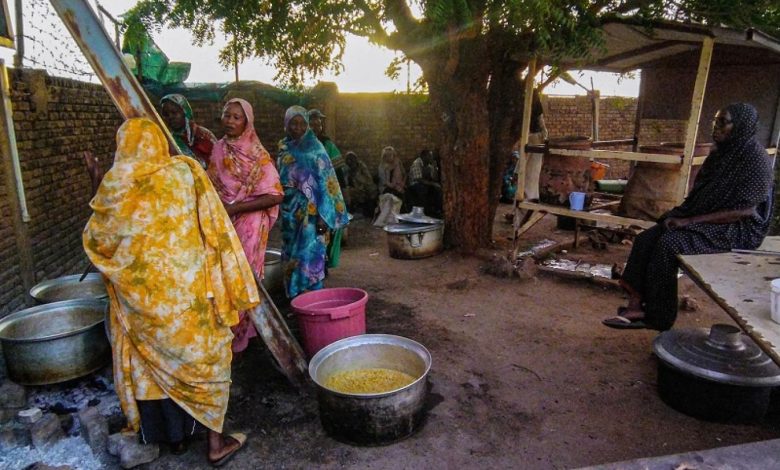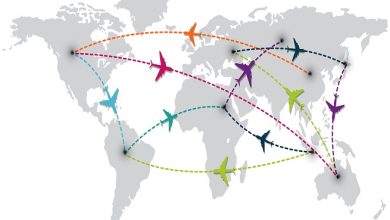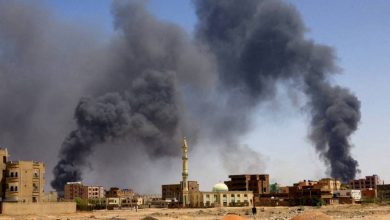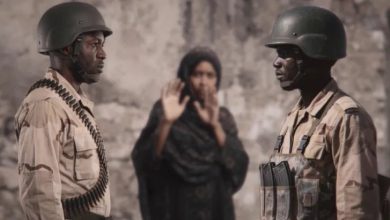Alternative Jobs…Securing Livelihood or Preserving Capital

Sudan Events – Report by Rehab Abdallah
Sudanese have now lived through more than nine months of suffering brought by the ongoing fighting between the Sudanese Armed Forces and the paramilitary Rapid Support
Forces since April the 15th this year. Those who have been rendered into refugees inside their own homeland bear the brunt of securing the basic needs for the livelihood and that of their families
this is so also because securing the basic needs and essential commodities such as food and drink and basic services has become prohibitively difficult, the living conditions for most citizens have become impossible with families now living in schools, clubs, dormitories and are simply in refugees conditions.
The war has not produced a political crisis only, but it has equally impacted all walks of life for the Sudanese, both those still living inside their country and those abroad. The new development has forced them into looking for new alternate jobs to gain living.
Muna al zain, a woman from Jabara quarter in Khartoum says she used to work as an employee with a private company and has three children one of them with special needs, with the advent of the war she was forced to move to the Nahr Nile state, Shendi town, and had to accept staying with relative of her husband in their dwelling. but then she decided it was better her to move into a boarding house which means she has to look for a source of income as what the House offer is not enough and does not cover the family needs, given the fact that one of her children is with special needs. It was here that she decided she would be selling tea in the market place to cover some of the basic needs for her family. She was even able to leave the special boarding house and rent a room for herself and family.
Looking for an addition job, has also been the case of people who used to own small industries in Khartoum. The case of Mohamed Mukhtar who used to live in Fitaihab area and has to move to Gezira area. He said he had failed during the first few months of the conflict to secure the basic and essential needs of his family. It was thus he decided to work in soap production and was therefore able to secure these basic needs for his family.
But the question has always been does looking for an additional job mean look for ways to secure family needs or does it means trying to preserve the capital for those engaged in small industries.
The secretary general of the /Sudanese Chamber for industries, Ashraf Salah, has down played the number of small industries that have left Khartoum to other states of the country.
In response to question by Sudan Events, he argued that only a very small number of small industries have left Khartoum to the regions and to the safe states. Some of these industries include food and soap industries, plastic industries those moved to Gezira, and Managil area, Gadarif and Kasala state and Atbra town.
He was sure that the security conditions frustrate efforts taken to disassemble factories and transport heavy machineries to other region. He underlined the need to find a means for preserving the capital of those involved in industries.



